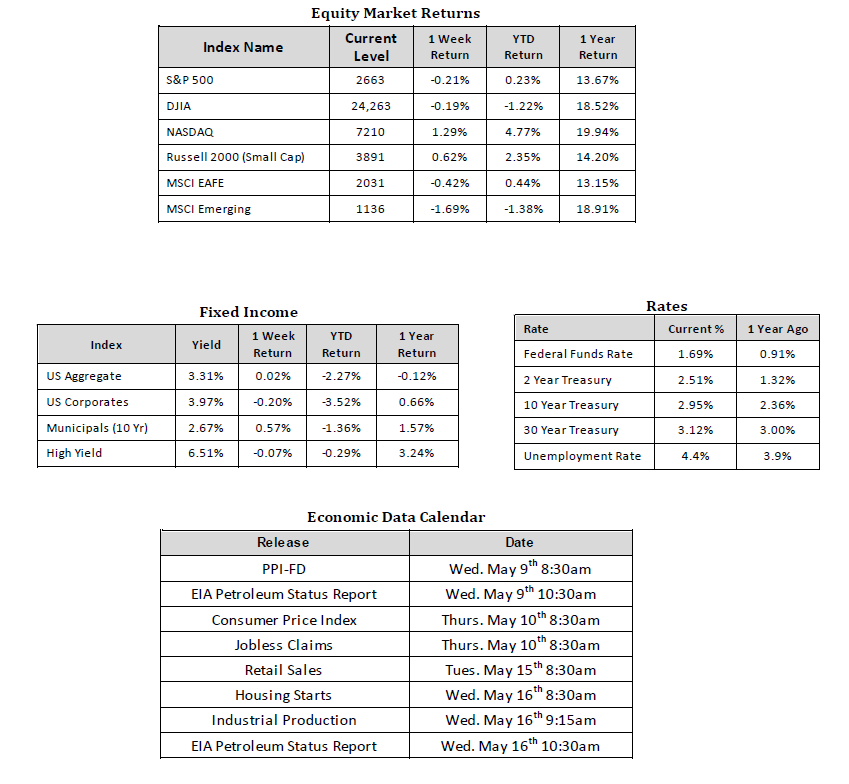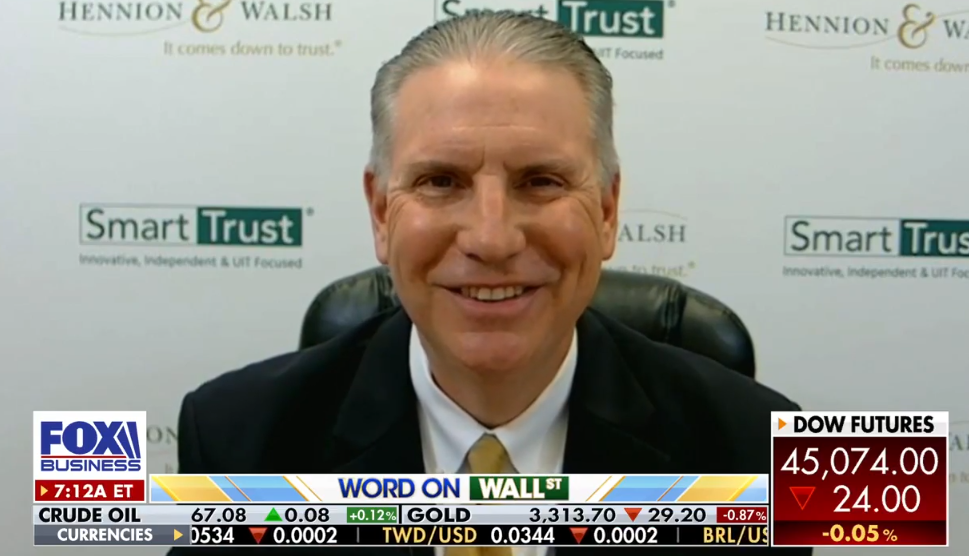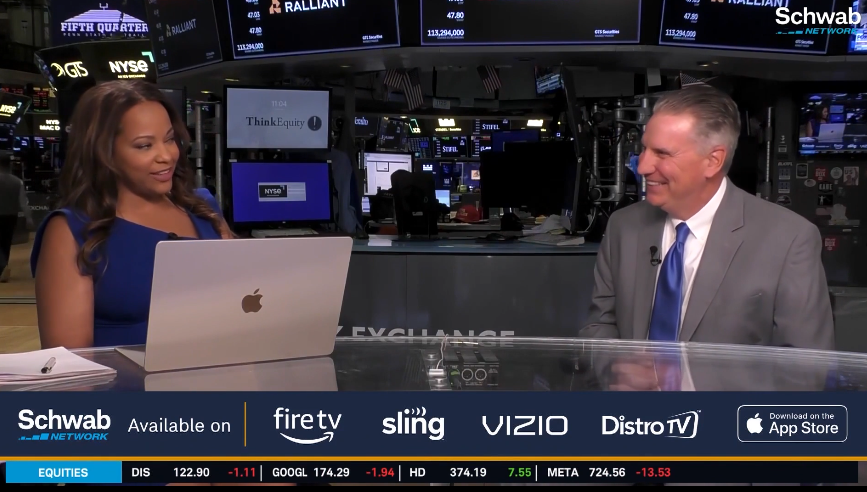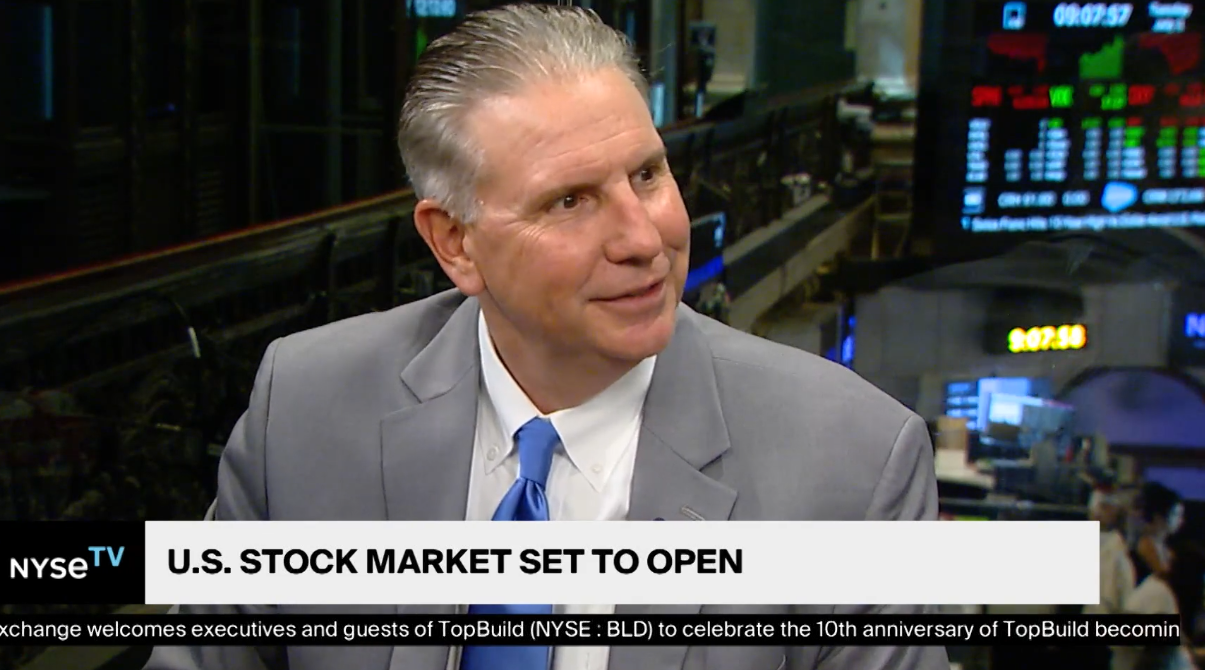
Multiple Headwinds Persist But Strong Fundamentals Push Forward
Market Overview

Sources: Sources for data in tables: Equity Market and Fixed Income returns are from JP Morgan as of 05/04/18. Rates and Economic Calendar Data from Bloomberg as of 05/08/18. International developed markets measured by the MSCI EAFE Index, emerging markets measured by the MSCI EM Index. Sector performance is measured using GICS methodology.
Happening Now
Looking back at last week’s trading activity investors would be hard pressed to find any particular theme or trend in U.S. markets that was consistent throughout the week. The major stock market indexes experienced sharp declines, midday reversals, mixed results, and strong gains. The technology-heavy NASDAQ index was the only major index to finish the week in positive territory, posting a gain of 1.29%. The S&P 500 and Dow Jones indexes, on the other hand, ended the week lower, pulling back 0.21% and 0.19% respectively. However, the week did end on a positive note as stocks finished the day considerably higher on Friday following the latest jobs report. This report showed that the unemployment rate dropped to 3.9%, its lowest level since 2000.
Overall the weekly results were somewhat surprising given the strength of the 1st quarter earnings season in the U.S. thus far. Earnings and guidance have been spectacular and yet the markets seem to be equally, if not more, focused on certain headwinds and doubts. In the beginning of the year, optimism was high for additional stock market growth potential driven by fundamentals, including earnings, and global economic expansion. Now, concerns have crept into the minds of some investors over whether earnings have now peaked, the potential impact of higher interest rates, and multiple geopolitical risks. We would contend that there are still reasons to be optimistic in 2018 given robust earnings growth and a strong economic backdrop – even in the face of a gradual, continued rise in interest rates. In fact, Federal Reserve Chair Jerome Powell spoke on Monday and noted that the financial markets are aware of the Fed’s plans regarding interest rate increases and their actions should not come as a surprise.
Looking overseas, the U.S. sent a delegation, led by Treasury Secretary Steven Mnuchin, to China to discussion trade policies. The tensions brought on initially by President Trump’s proposed tariffs seem to have cooled down a bit as the two countries have had “very good conversations”, although nothing of substance has been finalized as of yet. Companies within the international emerging market of China continue to show attractive investment merit as Charlie Munger, vice chairman of Berkshire Hathaway, recently told CNBC, “The best companies in China are cheaper than the best companies in the United States.” Turning our attention to international developed markets, we’re seeing continued strength in the Eurozone and Japan in particular. Central Bank monetary policy in both regions remains accommodative and is expected to remain as such at least through the end of 2018. As was the case with the U.S. during its secular bull market run, investors would be wise to now look for stock appreciation potential in international areas supported by economic growth and low interest rates.
We will continue to closely monitor headline risks (including the impact of certain potential sanctions on the price of oil) and economic indicators but remain encouraged by global growth prospects and relatively low interest rates. This does not, however, mean that the days of volatility are behind us. As a result, investors will likely continue to benefit from an investment strategy that is well-diversified and takes their specific objectives, timeframe and risk tolerance into consideration.
Important Information and Disclaimers
Disclosures: Hennion & Walsh is the sponsor of SmartTrust® Unit Investment Trusts (UITs). For more information on SmartTrust® UITs, please visit www.smarttrustuit.com. The overview above is for informational purposes and is not an offer to sell or a solicitation of an offer to buy any SmartTrust® UITs. Investors should consider the Trust’s investment objective, risks, charges and expenses carefully before investing. The prospectus contains this and other information relevant to an investment in the Trust and investors should read the prospectus carefully before they invest.
Investing in foreign securities presents certain risks not associated with domestic investments, such as currency fluctuation, political and economic instability, and different accounting standards. This may result in greater share price volatility. These risks are heightened in emerging markets.
There are special risks associated with an investment in real estate, including credit risk, interest rate fluctuations and the impact of varied economic conditions. Distributions from REIT investments are taxed at the owner’s tax bracket.
The prices of small company and mid cap stocks are generally more volatile than large company stocks. They often involve higher risks because smaller companies may lack the management expertise, financial resources, product diversification and competitive strengths to endure adverse economic conditions.
Investing in commodities is not suitable for all investors. Exposure to the commodities markets may subject an investment to greater share price volatility than an investment in traditional equity or debt securities. Investments in commodities may be affected by changes in overall market movements, commodity index volatility, changes in interest rates or factors affecting a particular industry or commodity.
Products that invest in commodities may employ more complex strategies which may expose investors to additional risks.
Investing in fixed income securities involves certain risks such as market risk if sold prior to maturity and credit risk especially if investing in high yield bonds, which have lower ratings and are subject to greater volatility. All fixed income investments may be worth less than original cost upon redemption or maturity. Bond Prices fluctuate inversely to changes in interest rates. Therefore, a general rise in interest rates can result in the decline of the value of your investment.
Definitions
MSCI- EAFE: The Morgan Stanley Capital International Europe, Australasia and Far East Index, a free float-adjusted market capitalization index that is designed to measure developed-market equity performance, excluding the United States and Canada.
MSCI-Emerging Markets: The Morgan Stanley Capital International Emerging Market Index, is a free float-adjusted market capitalization index that is designed to measure the performance of global emerging markets of about 25 emerging economies.
Russell 3000: The Russell 3000 measures the performance of the 3000 largest US companies based on total market capitalization and represents about 98% of the investible US Equity market.
ML BOFA US Corp Mstr [Merill Lynch US Corporate Master]: The Merrill Lynch Corporate Master Market Index is a statistical composite tracking the performance of the entire US corporate bond market over time.
ML Muni Master [Merill Lynch US Corporate Master]: The Merrill Lynch Municipal Bond Master Index is a broad measure of the municipal fixed income market.
Investors cannot directly purchase any index.
LIBOR, London Interbank Offered Rate, is the rate of interest at which banks offer to lend money to one another in the wholesale money markets in London.
The Dow Jones Industrial Average is an unweighted index of 30 “blue-chip” industrial U.S. stocks.
The S&P Midcap 400 Index is a capitalization-weighted index measuring the performance of the mid-range sector of the U.S. stock market, and represents approximately 7% of the total market value of U.S. equities. Companies in the Index fall between S&P 500 Index and the S&P SmallCap 600 Index in size: between $1-4 billion.
DJ Equity REIT Index represents all publicly traded real estate investment trusts in the Dow Jones U.S. stock universe classified as Equity REITs according to the S&P Dow Jones Indices REIT Industry Classification Hierarchy. These companies are REITs that primarily own and operate income-producing real estate.



